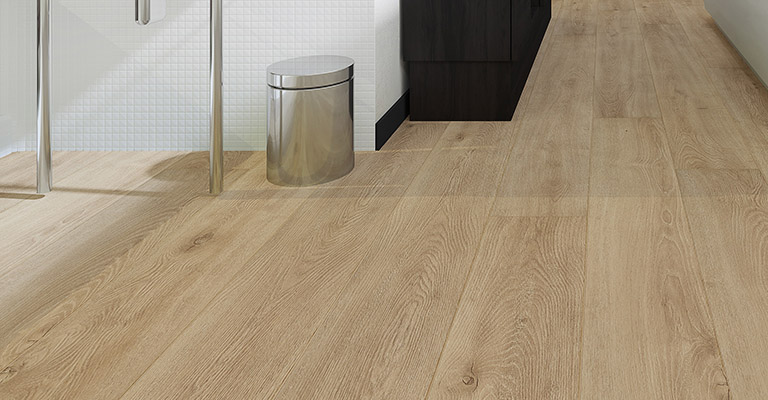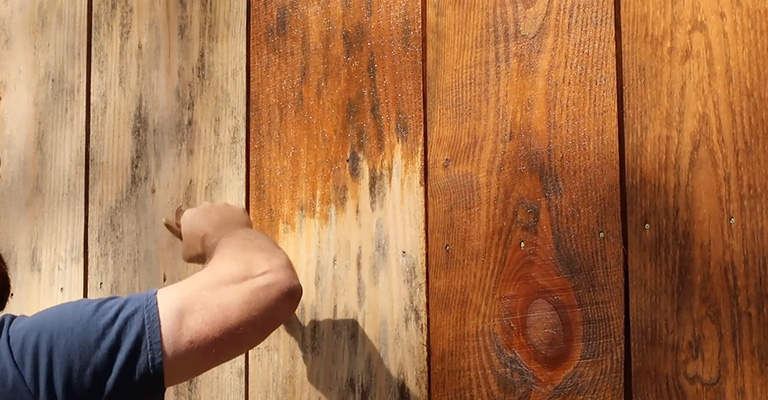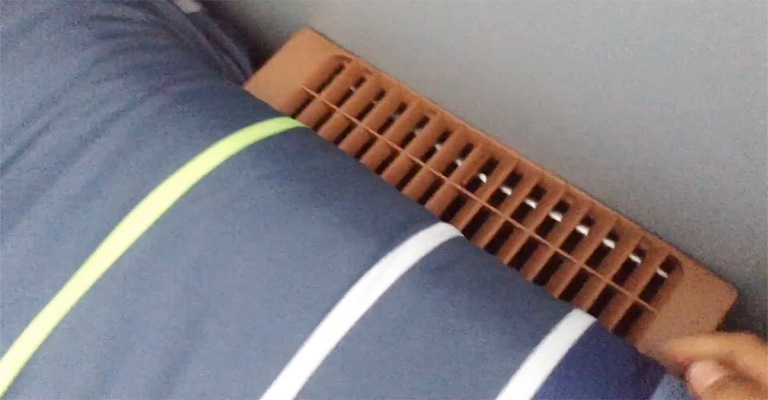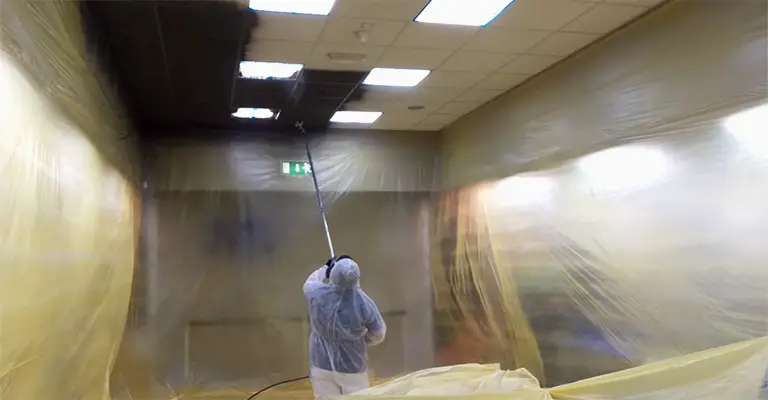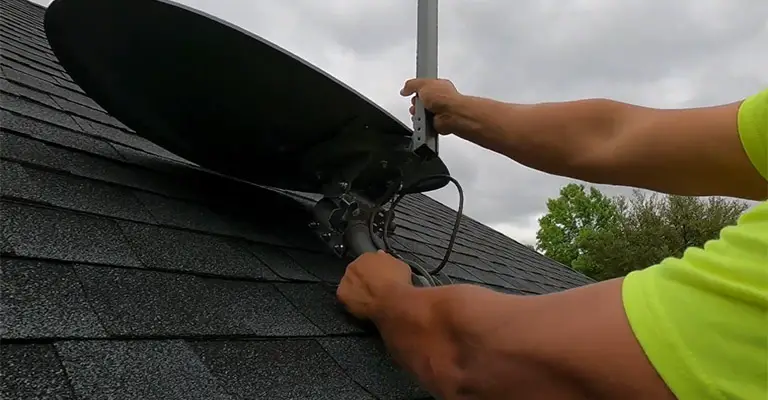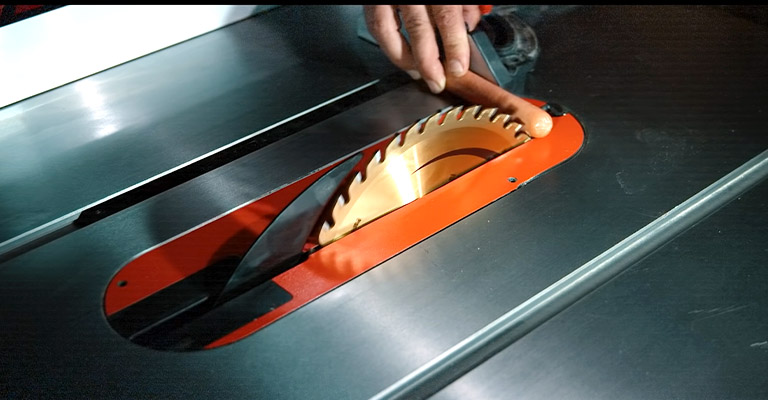What Happens if You Get the Wrong Sized Air Filter?

Selecting the right-sized air filter for your HVAC system is more than a mere convenience — it’s crucial to maintaining your system’s efficiency and ensuring good indoor air quality. Using the wrong sized air filter can lead to many problems, affecting everything from air quality to the longevity of your HVAC system.
Let’s delve into the consequences of using incorrectly sized air filters and highlight the importance of precise sizing.
Reduced Efficiency and Increased Energy Costs
An incorrectly sized air filter can significantly impact the efficiency of your HVAC system, leading to a cascade of issues. The wrong air filter size can be costly in the long run, from increased energy consumption to unnecessary strain on system components.
Strain on the HVAC System
When filters, such as commonly used size 20x20x4 air filters, are too small, gaps around the frame allow unfiltered air to pass through, leading to increased dust and debris in the system.
Conversely, a too-large filter might not fit properly, potentially bending or buckling, compromising the filter’s effectiveness. In both cases, the HVAC system must work harder to circulate air, reducing efficiency.
Heightened Energy Consumption
The extra strain on the HVAC system diminishes its efficiency and increases energy consumption. This means higher utility bills and more frequent maintenance or repairs for your system.
Compromised Indoor Air Quality
Ineffective Filtration
A poorly fitting air filter cannot effectively trap pollutants, allowing dust, pollen, pet dander, and other airborne contaminants to circulate in your home.
This can significantly compromise indoor air quality, especially impacting individuals with allergies, asthma, and respiratory issues.
Increased Dust and Allergens
With ineffective filtration, you might notice more dust accumulation on surfaces and in your ventilation system. This requires more frequent cleaning and can exacerbate health issues related to poor air quality.
Potential Damage to HVAC Components
Increased Wear and Tear
When unfiltered air bypasses the filter, it can deposit dust and debris on critical components of your HVAC system, like the coils and fan.
Over time, this build-up can lead to increased wear and tear, potentially shortening the system’s lifespan.
Risk of System Breakdown
In extreme cases, the wrong-sized filter can cause significant strain on the HVAC system, increasing the risk of breakdowns.
In severe cases, this might necessitate costly repairs or even a complete system replacement.
Mold and Moisture Issues
A wrong-sized filter can cause air to bypass the dehumidifying process of the HVAC system, leading to increased moisture levels in your home.
This can create an environment conducive to mold and mildew growth, posing health risks and potentially damaging your home.
Increased Maintenance and Replacement Needs
Frequent Filter Replacements
A filter that doesn’t fit properly will likely get dirty faster or become damaged, necessitating more frequent replacements. This can be both inconvenient and costly over time.
Constant HVAC Checkups
With the increased strain on the HVAC system, you might need more frequent checkups and maintenance, adding to the overall cost of upkeep.
Ensuring the Right Fit for Health and Efficiency
Using the correct-sized air filter is paramount for maintaining the efficiency of your HVAC system and ensuring good indoor air quality. Incorrectly sized filters can lead to increased energy costs, reduced system efficiency, compromised air quality, and even system breakdowns.
To avoid these issues, it’s crucial to accurately measure your filter space and choose a filter that fits perfectly. Regular maintenance, including timely filter changes, can help keep your HVAC system running smoothly and your indoor air clean and healthy. Remember, the right fit is key to a healthy, comfortable home environment.


